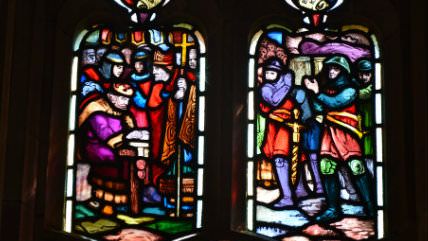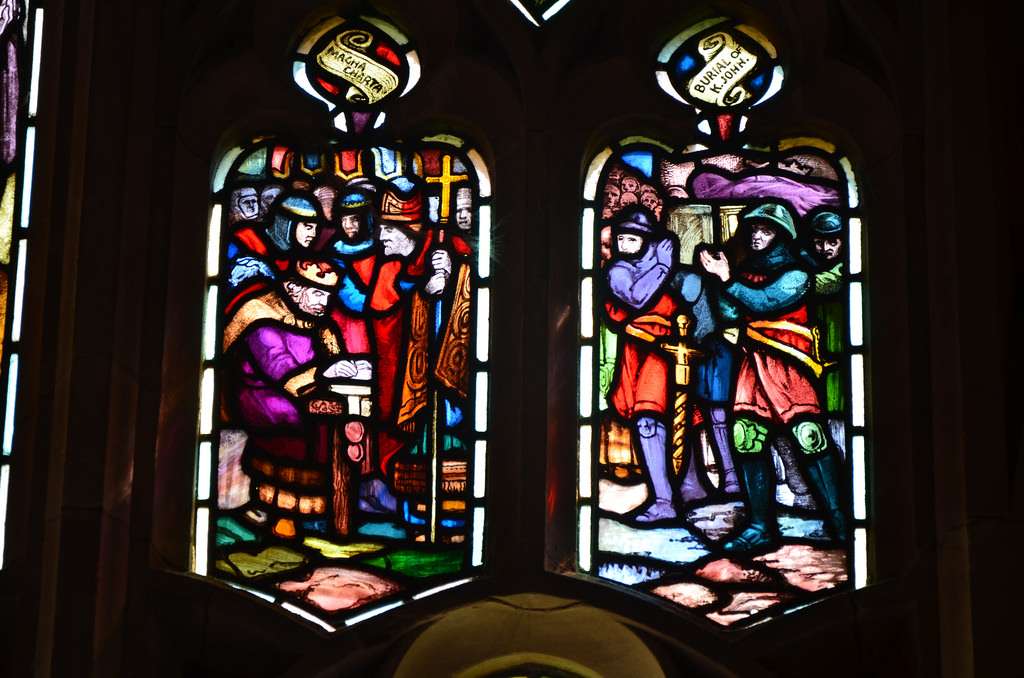Sheldon Richman Reflects on Magna Carta
If Magna Carta was a key moment in the West's advancement toward liberalism, the trajectory was neither straight nor smooth.


Today is the 800th anniversary of the day in 1215 that rotten King John put his seal to the sheet of parchment called the Articles of the Barons—later to be known as Magna Carta—at Runnymede in England. It wasn't the first charter issued by an English monarch pledging to subordinate his power to the law, yet it has had a staying power like no other in the imagination of people worldwide.
While Magna Carta did not raise the curtain on a libertarian, or even classical liberal, future, it may be said to have gotten the ball rolling, even if that was not part of anyone's intention. And the story of Magna Carta is instructive precisely because of its unintended consequences, argues Sheldon Richman.


Hide Comments (0)
Editor's Note: As of February 29, 2024, commenting privileges on reason.com posts are limited to Reason Plus subscribers. Past commenters are grandfathered in for a temporary period. Subscribe here to preserve your ability to comment. Your Reason Plus subscription also gives you an ad-free version of reason.com, along with full access to the digital edition and archives of Reason magazine. We request that comments be civil and on-topic. We do not moderate or assume any responsibility for comments, which are owned by the readers who post them. Comments do not represent the views of reason.com or Reason Foundation. We reserve the right to delete any comment and ban commenters for any reason at any time. Comments may only be edited within 5 minutes of posting. Report abuses.
Please to post comments
Mute this user?
Ban this user?
Un-ban this user?
Nuke this user?
Un-nuke this user?
Flag this comment?
Un-flag this comment?